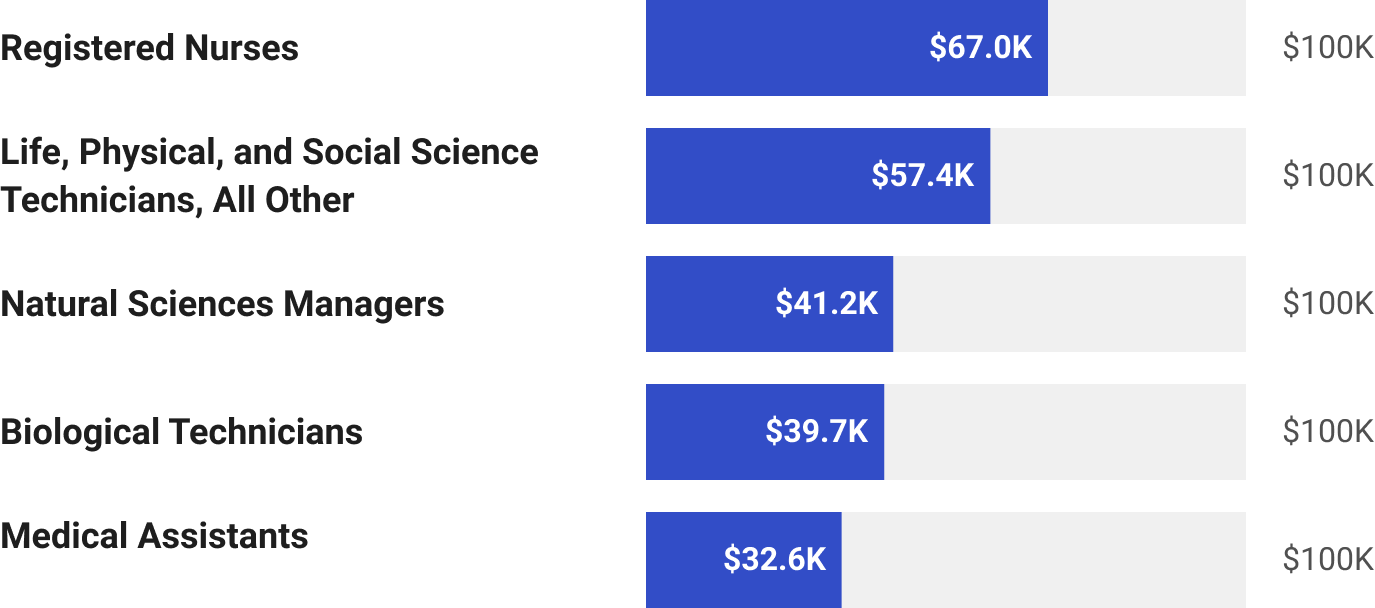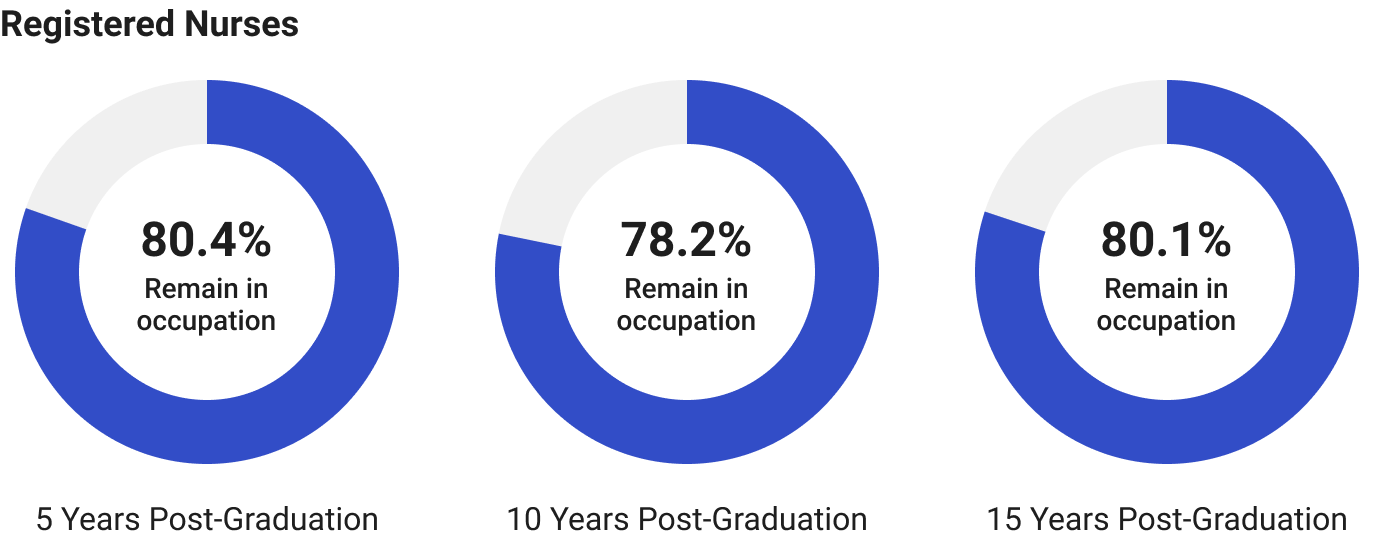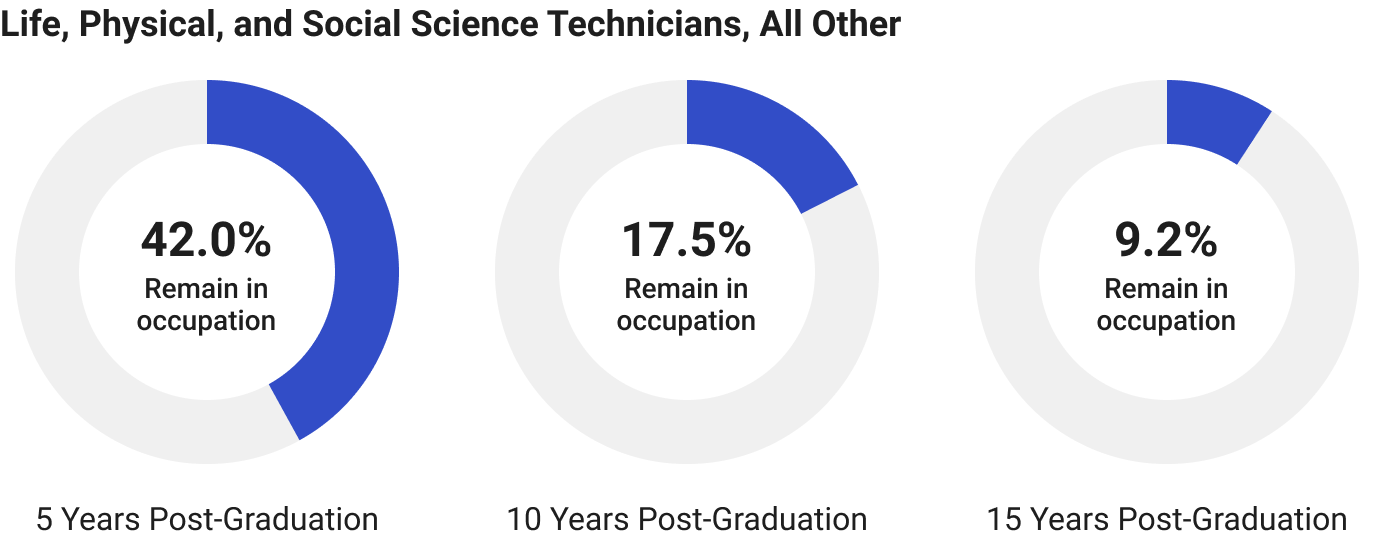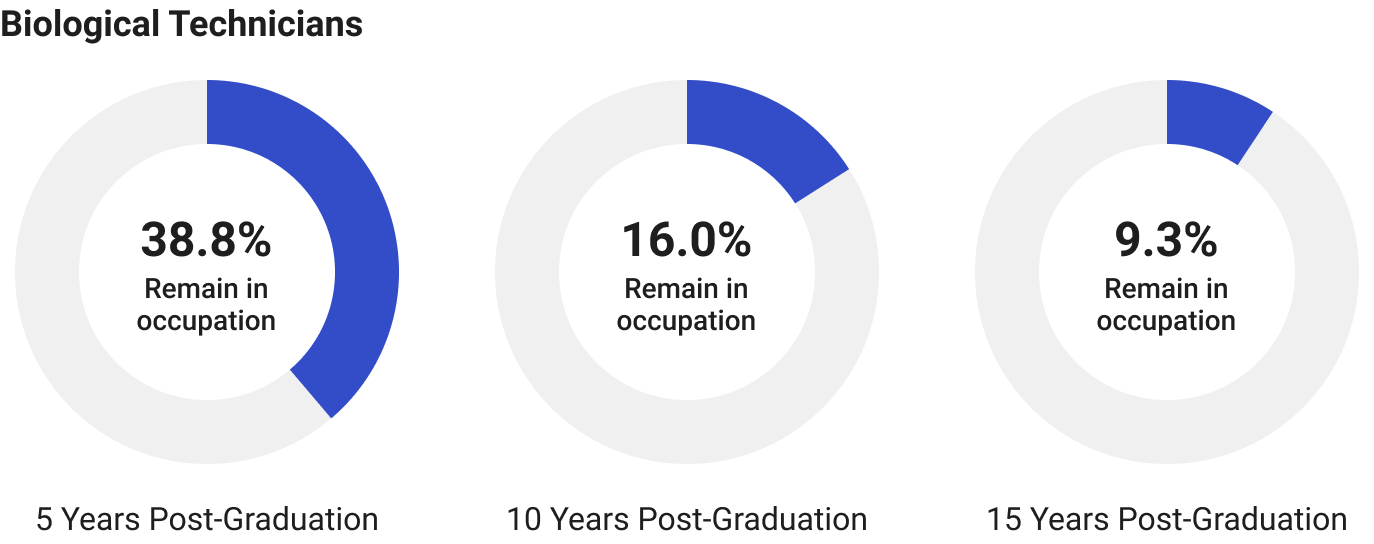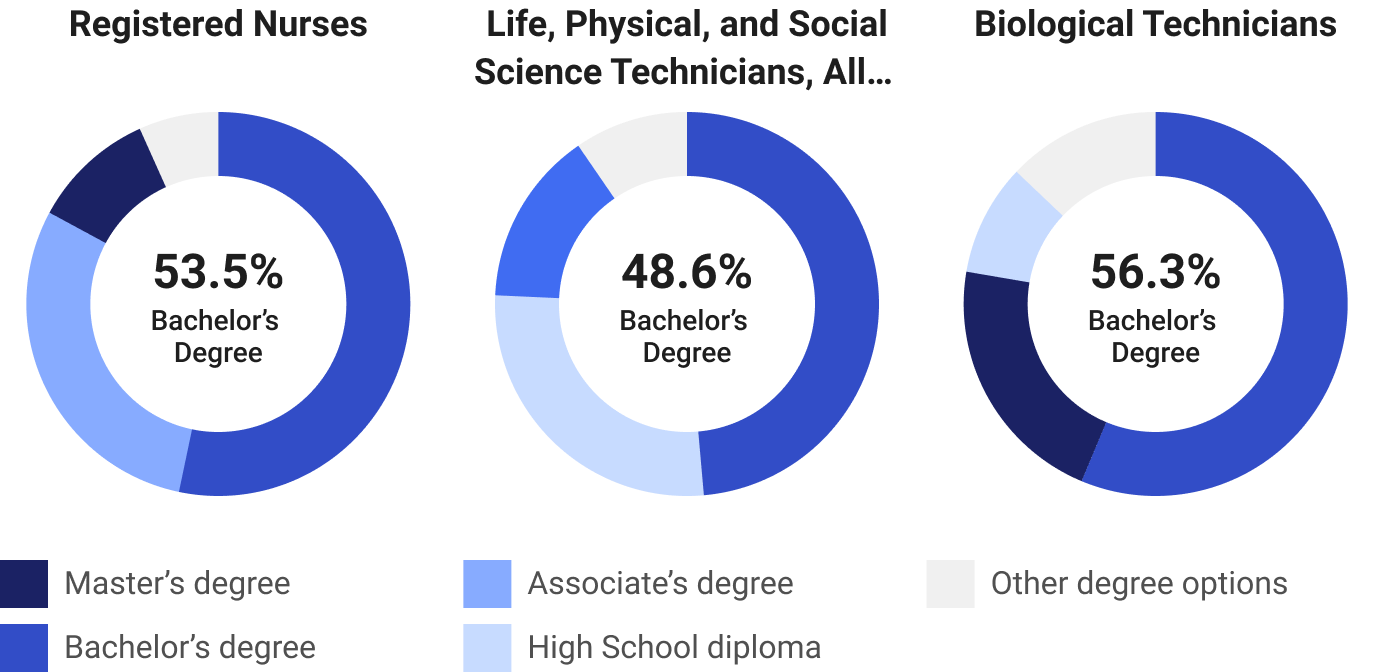Major: Biology
What do biologists post on Instagram?
Cell-fies
Besides having an abundance of biology jokes at your disposal, you’ll learn about living organisms and develop skills to apply in various industries. Biology is a fascinating field that will open up many doors. In this field, you can work in the policymaking of environmental issues, ensure quality control in pharmaceutical and food companies, or evaluate water safety.
What does a student majoring in Biology study?
Bios and logos are Greek words meaning life and study, respectively. Together, they aptly express what students will study in this major-all living things. You’ll learn about the structure, growth, function, reproduction, and evolution of living organisms.
Also, you’ll gain knowledge of how living things affect other organisms and the environment. For a small percentage of people, a bee sting can be life-threatening. But bees play an instrumental role in pollination, which helps maintain the growth of plant life and, in turn, food crops. In your undergraduate years, you’ll encounter a plethora of courses that’ll pique your curiosity and sharpen your critical thinking skills:
- Introduction to Biology
- Introduction to Biology Lab
- Anatomy
- Physiology
- Genetics
- Cellular Biology
- Statistics
- Calculus
What can I do with a Biology degree?
For some, a biology degree starts off their path toward a career as a physician. However, many other careers benefit from the skills of a biologist:
- Biological Technicians
- Biomedical Engineers
- Environmental Restoration Planners
- Secondary School Teachers
- Wholesale and Manufacturing Sales Representatives for Technical and Scientific Products
Top occupations for Biology degree graduates, 3 years post-graduation:
Median income for common occupations that Biology degrees obtain, 3 years post-graduation:
Role progressions for Biology degree graduates:
Specializations for a Biology Major:
- Behavioral Biology
- Ecology and Conservatism
- Neurobiology
- Marine Biology
Top Skills Employers Seek, based on occupation:
What are the requirements for a Biology degree?
The undergraduate requirements for completing a biology degree vary among accredited academic institutions. But the goal is the same: ensuring graduates are well equipped to excel in their postgraduate pursuits. Some may choose graduate school; others may begin their careers. With the help of a faculty adviser, undergrads will take the required coursework, participate in research, complete an internship, and even study abroad.
Common education levels employers seek:
FAQ
What does a student majoring in Biology study?
Bios and logos are Greek words meaning life and study, respectively. Together, they aptly express what students will study in this major-all living things. You’ll learn about the structure, growth, function, reproduction, and evolution of living organisms.
Also, you’ll gain knowledge of how living things affect other organisms and the environment. For a small percentage of people, a bee sting can be life-threatening. But bees play an instrumental role in pollination, which helps maintain the growth of plant life and, in turn, food crops. In your undergraduate years, you’ll encounter a plethora of courses that’ll pique your curiosity and sharpen your critical thinking skills:
- Introduction to Biology
- Introduction to Biology Lab
- Anatomy
- Physiology
- Genetics
- Cellular Biology
- Statistics
- Calculus
What can I do with a Biology degree?
For some, a biology degree starts off their path toward a career as a physician. However, many other careers benefit from the skills of a biologist:
What specializations do Biology majors have?
- Behavioral Biology
- Ecology and Conservatism
- Neurobiology
- Marine Biology
What are the requirements for a Biology degree?
The undergraduate requirements for completing a biology degree vary among accredited academic institutions. But the goal is the same: ensuring graduates are well equipped to excel in their postgraduate pursuits. Some may choose graduate school; others may begin their careers. With the help of a faculty adviser, undergrads will take the required coursework, participate in research, complete an internship, and even study abroad.

